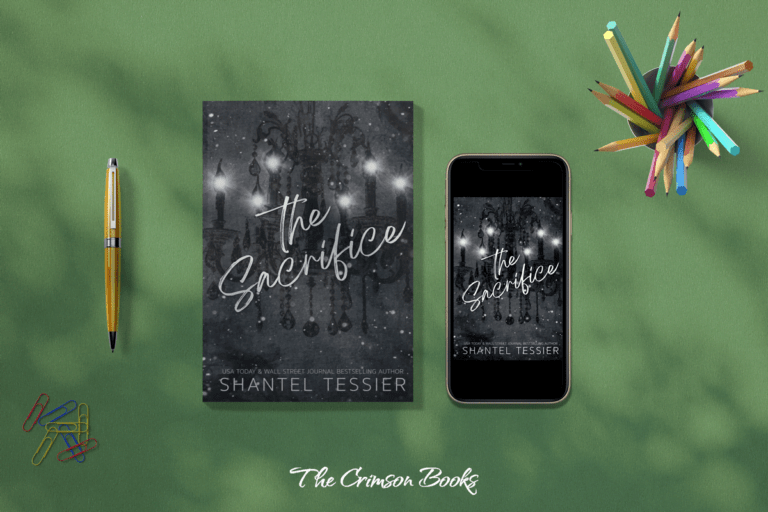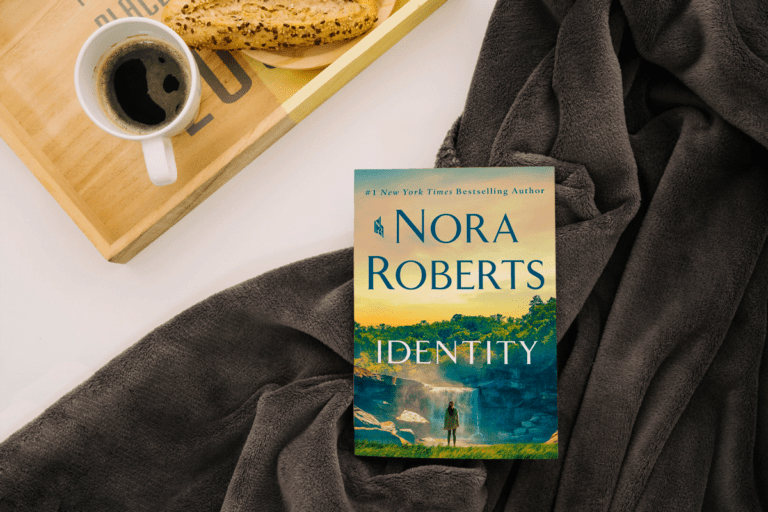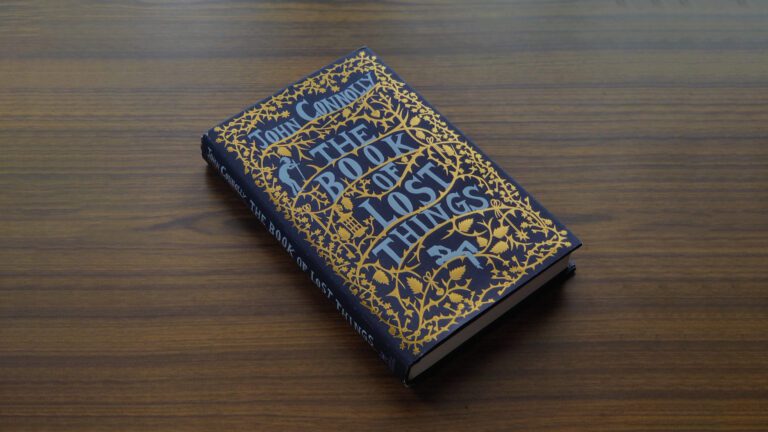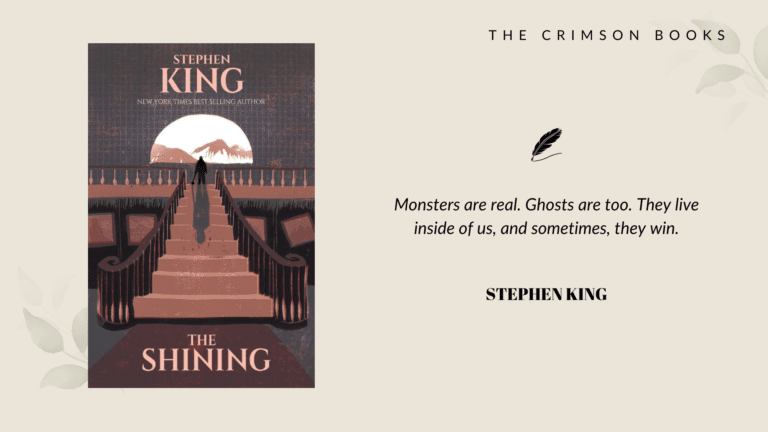The Swimmers by Julie Otsuka
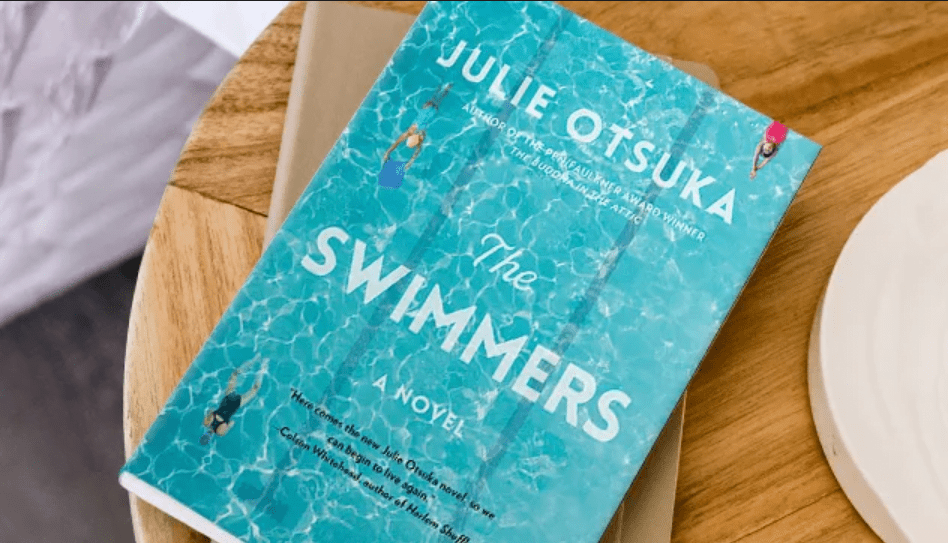
Synopsis of The Swimmers by Julie Otsuka
Nobody knows anybody else in the pool; everyone has their own morning and afternoon routines (slow lane, medium lane, rapid lane) and finds their own peace and quiet in the water. Once the pool’s bottom develops a fissure, however, they are forced to face the harsh realities of the outside world on their own.
Alice, who is experiencing gradual memory loss, is one of these swimmers. Alice’s last line of defense against the oncoming dementia was the pool. She is thrown into disarray and disorder when she is deprived of the company of her other swimmers and the routine of her daily laps, and is instead forced to confront her childhood and the Japanese American prison camp she spent the war in.
Alice’s daughter re-enters her life too late and sees the dramatic decline her mother has been experiencing.
Book Review of The Swimmers by Julie Otsuka
The first-person plural “we” narrative of several Japanese women transported to America as “picture brides” by Julie Otsuka in her earlier novel, THE BUDDHA IN THE ATTIC, is continued in certain ways in THE SWIMMERS. Otsuka begins with a lengthy section titled “The Underground Pool,” written in the same first-person plural narrative voice as before, except this time the “we” is a swimming club’s membership.
The swimmers give startlingly personal accounts of their motivations for visiting the pool: “Some of us come here because we are injured and need to rehabilitate…. For some of us, even if it’s just for an hour, this is a way out of our unfulfilling domestic partnerships. Many of us are locals who enjoy swimming for fun. Readers are welcomed into this group and given insight into its customs, habits, and the things that both annoy and delight its members. This opening chapter, which takes up about half of the work, is both funny and touching at various points.
Otsuka’s writing is assured and measured throughout this short but powerful novel, with a supposedly neutral tone that allows readers to fill in their own responses and feelings.
While most of the “we” are left unnamed, one member, Alice, is often singled out. Alice, a former laboratory technician, is suffering from dementia. She is among the most confused by the probable disruption to her routine caused by the closure of the pool due to the appearance of a mystery crack.
As Alice’s dementia worsens, the book’s second half shifts from a communal focus to one more focused on her individual experience. The remaining three chapters of the novel each tell the story of her last few months from a different perspective and are beautifully written in their own right.
In one chapter, we follow Alice’s thoughts and recollections to see how some aspects of her life are entirely normal while others have deteriorated significantly: She always remembers to give you a bear hug when you visit, and you’re always impressed by how tough she is. Every time you leave, she makes sure to kiss you goodbye. Every time you talk to her, she makes sure to remind you that the FBI will be calling again soon.
After an introductory chapter detailing Alice’s time at the memory care center where she would soon be living, the novel shifts focus to the “you” of the title, who is actually Alice’s daughter. She struggles with feelings of guilt and sadness related to her mother’s decline and the loss she and her father would feel when she passes away.
Otsuka’s writing is assured and measured throughout this short but powerful story, and her ostensibly impartial tone allows readers to fill in their own responses and feelings. She does an excellent job of depicting the emotional toll of resigning a loved one to a nursing facility, as well as the isolation and bewilderment that residents often feel.
From the very first to the very last page, she shows how staying connected to others is vital to our own humanity.
Disclaimer: This blog post may contain affiliate links. If you click on these links and make a purchase, The Crimson Books may earn a small commission at no additional cost to you.
About the Author

Sarah Patel is an ardent reader and a lover of diverse narratives. Her curiosity drives her to explore books across multiple genres, from fantasy and science fiction to contemporary fiction and memoirs.
With a degree in Creative Writing, Sarah has a profound appreciation for storytelling and character development.


